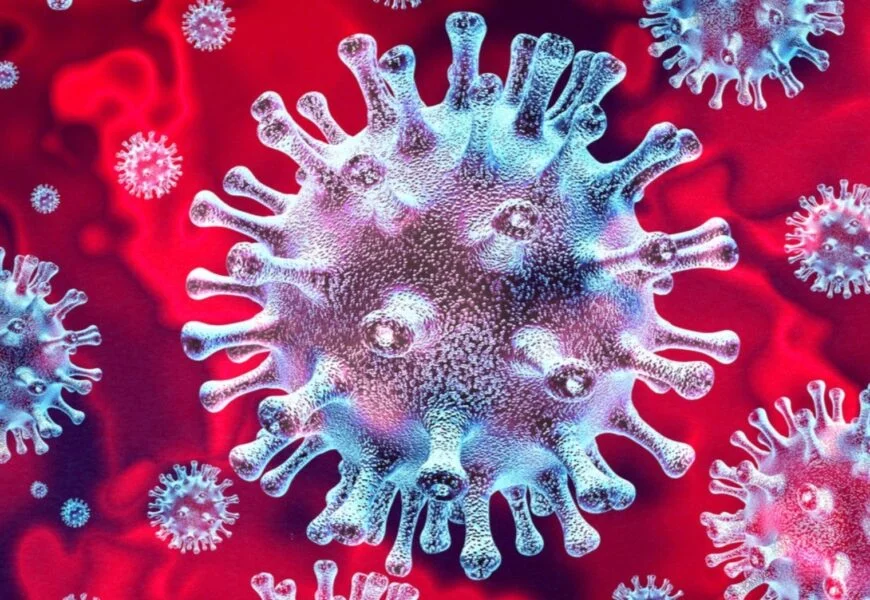As the world continues to grapple with the COVID-19 pandemic, a new term has started to make its way into discussions among health experts and the public alike: “Disease X.” This enigmatic term has raised concerns about the possibility of an even deadlier threat than COVID-19 lurking on the horizon. In this blog, we will delve into the concept of Disease X and seek insights from a medical expert to better understand the potential risks it poses.
What is Disease X?
Disease X is not the name of a specific pathogen or illness but rather a placeholder term used by the World Health Organization (WHO) to describe a hypothetical, unknown infectious disease that could cause a future pandemic. The concept of Disease X emerged in the wake of the 2014-2016 Ebola outbreak, which highlighted the need for preparedness and vigilance in the face of emerging infectious diseases.
While Disease X remains undefined in terms of its exact characteristics, it serves as a reminder that nature constantly presents us with new challenges. It is a recognition that the next pandemic could originate from an as-yet-undiscovered pathogen, which may have the potential to be deadlier and more contagious than any we have encountered before.
The Concerns Surrounding Disease X
The notion of Disease X has raised concerns for several reasons:
Lack of Preparedness: The COVID-19 pandemic revealed the unpreparedness of the world in the face of a rapidly spreading infectious disease. Disease X serves as a warning that we must be better prepared to respond swiftly and effectively to future threats.
Mutations and Adaptations: Infectious agents, such as viruses, are known to mutate and adapt over time. Disease X could potentially emerge from an existing pathogen, making it more challenging to control and treat.
Global Interconnectedness: The world has become increasingly interconnected through travel and trade. This interconnectedness can facilitate the rapid spread of infectious diseases across borders, amplifying the impact of a potential pandemic.
Vaccine Evasion: Disease X may have the ability to evade existing vaccines or treatments, making it even more challenging to control.
Expert Insights: What Doctors Have to Say
To shed light on the concept of Disease X, we reached out to Dr. Sarah Mitchell, an infectious disease specialist with extensive experience in pandemic response. Dr. Mitchell emphasizes the importance of preparedness and proactive measures:
“Disease X is a stark reminder that infectious diseases remain a significant global threat. We cannot afford to become complacent. The lessons from COVID-19 must guide our efforts to improve surveillance, research, and vaccine development. We need to invest in science and public health infrastructure to better detect and respond to emerging threats.”
Dr. Mitchell also highlights the role of public health measures in mitigating the risks of Disease X:
“While we cannot predict the exact nature of Disease X, we do know that fundamental public health measures, such as vaccination, hygiene, and early detection, will remain critical in our response. These measures are our first line of defense against any infectious disease.”
Conclusion
Disease X is a concept that serves as a sobering reminder of the unpredictable nature of infectious diseases. While we may not know the specifics of Disease X, its potential to be deadlier than COVID-19 underscores the importance of global collaboration, investment in public health infrastructure, and the need for ongoing research and preparedness.
As we continue to battle the COVID-19 pandemic, it is essential to apply the lessons learned to our approach to future threats, including Disease X. By staying vigilant, investing in science and healthcare, and working together as a global community, we can better prepare ourselves for whatever challenges Disease X or other emerging infectious diseases may present in the future.

